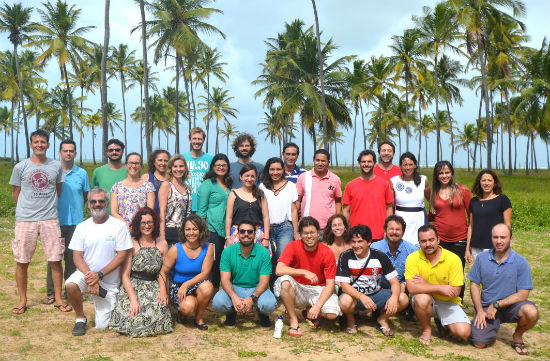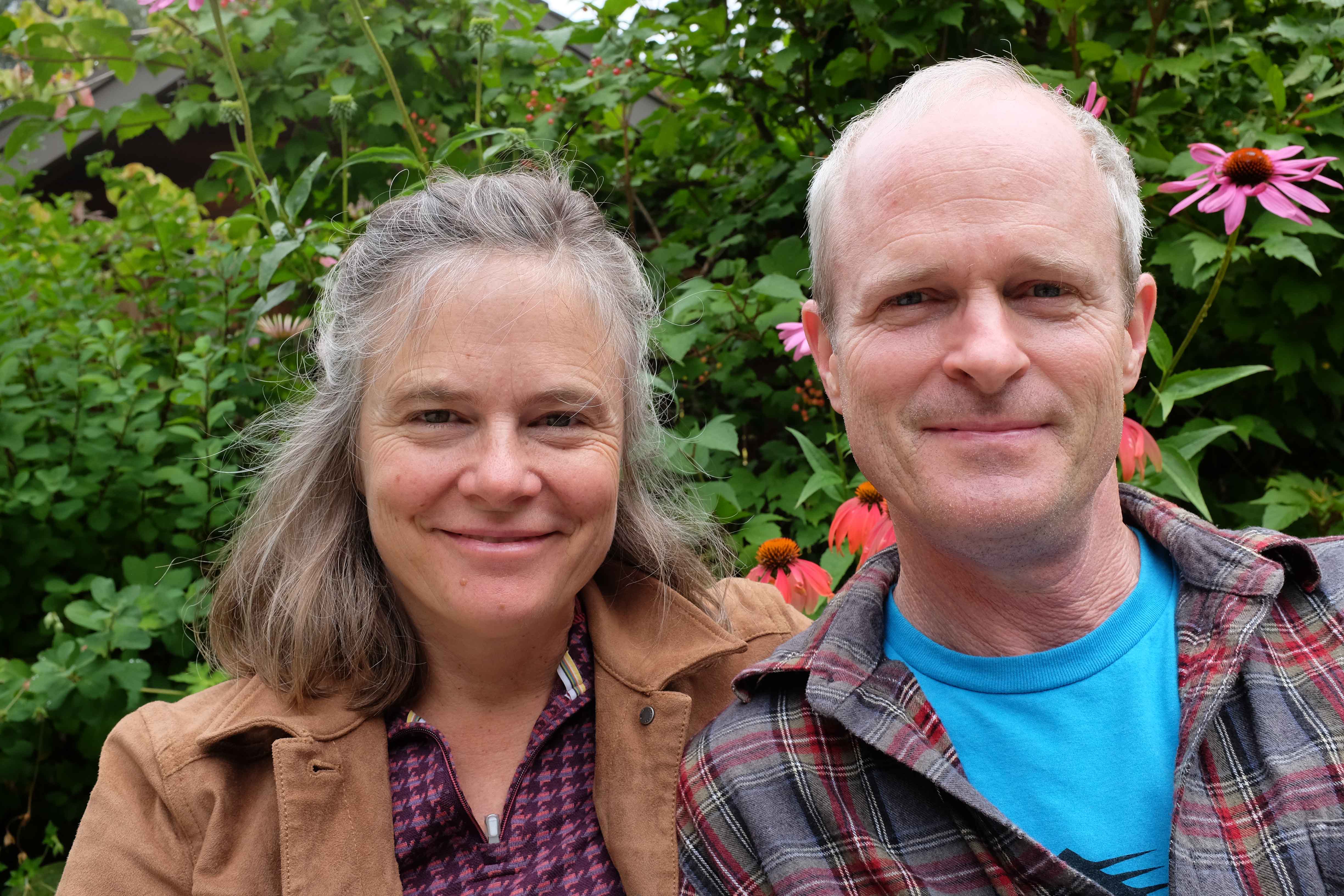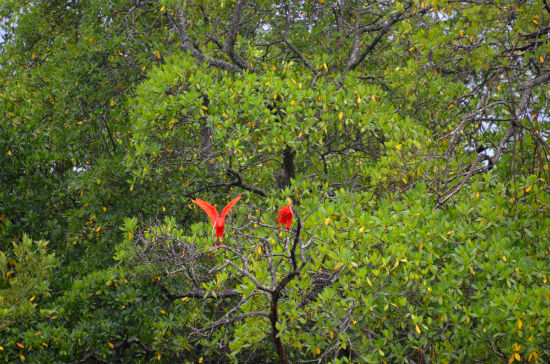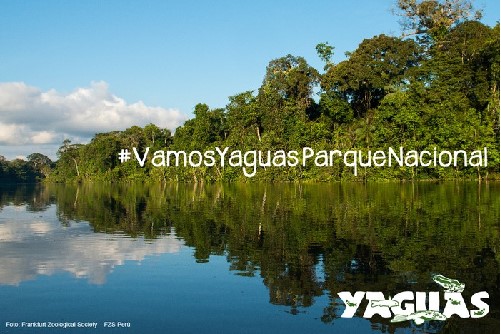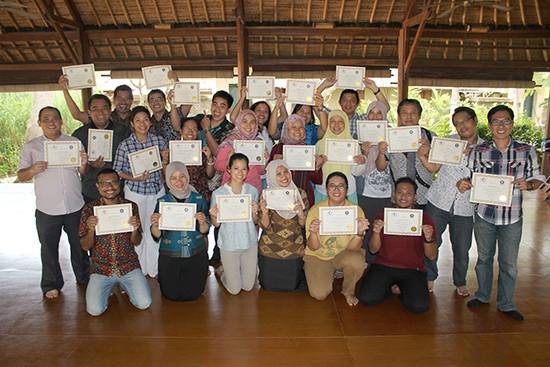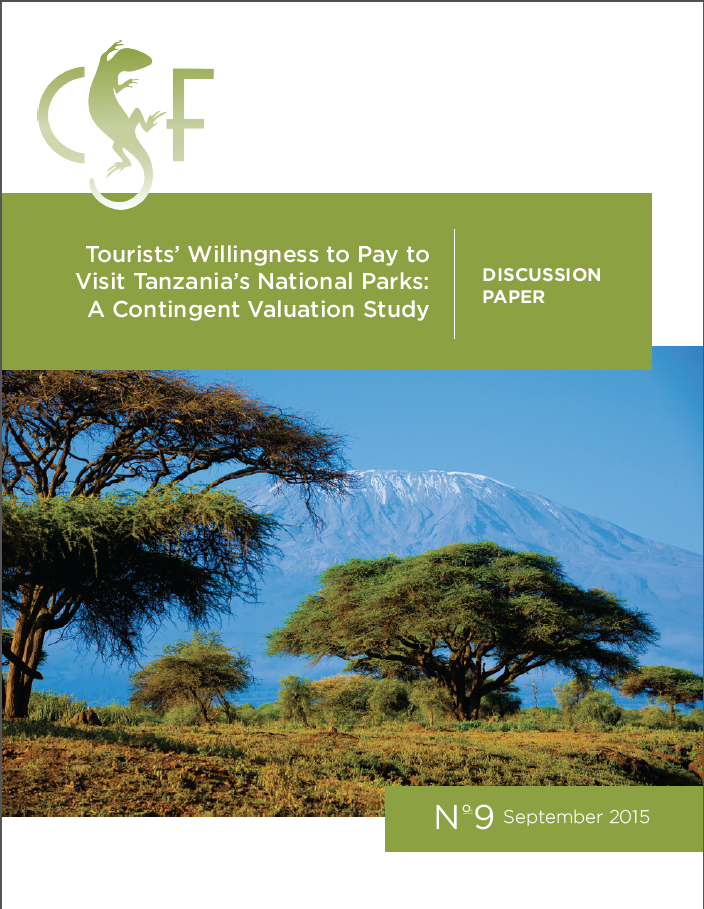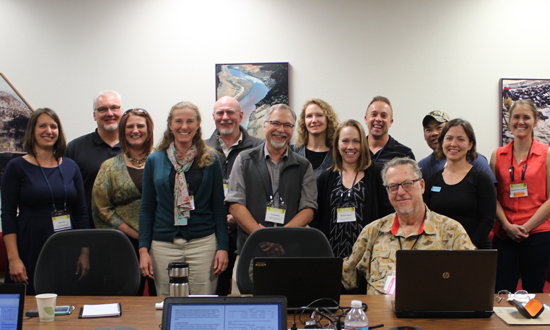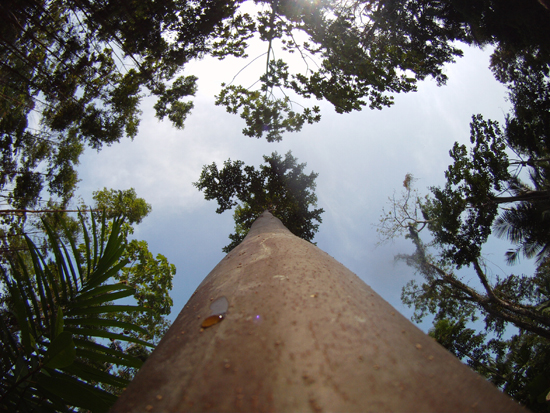News
CSF is proud to announce Leonardo Fleck as CSF-Brazil’s newest board member. Leo is a Program Officer at the Gordon and Betty Moore Foundation. If his name sounds familiar, it’s because Leo has a long history with CSF. As an early staff member of CSF-Brazil, Leo was instrumental in establishing our presence in Latin America. Leo joined CSF in 2005 shortly after earning his master’s degree in conservation biology with an emphasis in natural resource economics. He was CSF-Brazil's Senior Economic Analyst and Technical Program Manager as well as a lead cost-benefit analysis instructor for CSF courses in Brazil and beyond. Leo also took the lead on economic analyses in other parts of South America, including in Peru and Bolivia.
Scarlet ibis (Eudocimus ruber) in a mangrove treeIn May 2016, staff from the CSF Brazil team travelled to the Salgado Paraense region, located on the northern coast of the state of Pará. Their goal was to collect important information as part of our project on the sustainability of mangrove ecosystems. This project seeks to sensitize the government and society to the benefits these ecosystems provide, and make recommendations about economic instruments that could be used to promote financial sustainability of protected areas.
VamosYaguasParqueNacional - Photo Credit: Frankfurt Zoological SocietyCSF is part of a group of 18 NGOs supporting the creation of Yaguas National Park in the Peruvian Amazon in northeastern Loreto. This group has worked together to determine and share information about the economic, social, cultural and environmental benefits of the conservation of Yaguas and the importance of its formal protection. Please check out, like and share their new Facebook page to raise awareness about this new protected area.
A little over one month ago, CSF completed its second Indonesian Economic Tools for Marine Conservation course hosted in Bali. Twenty-four Indonesian conservation professionals from nineteen institutions participated in the two-week course. Some of the institutions represented were the Ministry of Marine Affairs and Fisheries, Dept. of Environment and Forestry, University of Indonesia, TNC, WWF, as well as other national universities and NGOs and private consultants.
Last year, CSF collaborated with Tanzania National Parks(TANAPA) on an analysis to help the country set its park entrance fees. The study looked at the relationship between expected visitation and entrance fee levels, and found that price sensitivity varies widely by park. The study’s recommendations considered these differences, as well as visitors’ perceptions about a range of issues related to fees, management decisions, and park conditions. Implementation of the study’s recommendations would generate a predicted 25% increase in revenues – providing much needed funds for park management – without negatively effecting visitation.
Course participants and instructors.
In April, CSF lead a three-day training for the California Department of Fish and Wildlife (CDFW) in Sacramento, CA. Participants included 22 members of the CDFW staff, and 5 members of the California Fish and Game Commission (FGC). We were able to reach 8 staff in field offices across California using remote access technology and our online workspace.


